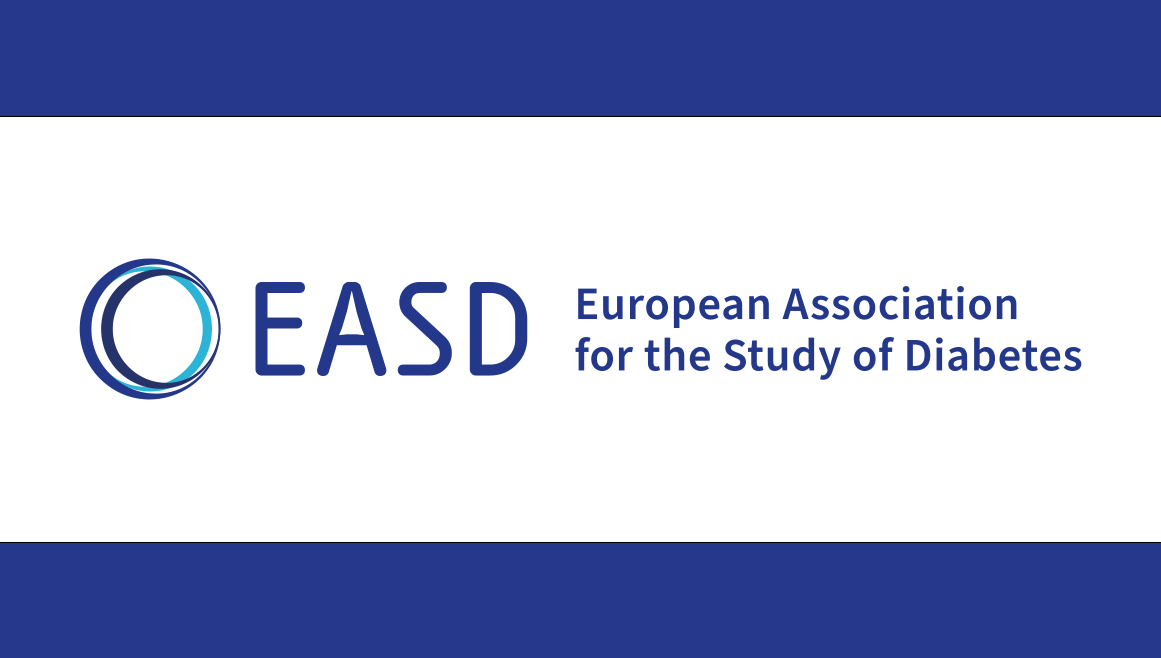The PsychoSocial Aspects of Diabetes (PSAD) Study Group, an international network dedicated to improving the psychological and social wellbeing of people living with diabetes, today opens its 30th Annual Scientific Meeting in Geelong, Australia. Hosted at Waurn Ponds Estate on Deakin University’s Waurn Ponds campus from 17–19 February 2026, the meeting brings together experts fromContinue reading “Global network on psychosocial aspects of diabetes convenes in Australia for 30th
Annual Scientific Meeting”
Author Archives: admin
Global network on psychosocial aspects of diabetes convenes in Australia for 30th
Webinar – Mental health in diabetes: cause of concern
This webinar, co-hosted by the PSAD Study group & EACLIPT, brings together leading experts to explore the psychological dimensions of diabetes care. This session will feature insights into the emotional impact of diabetes, therapeutic approaches, and clinical assessment strategies. A live Q&A will follow presentations. 🗓️ 28th October 2025 🕠 16.30 – 17:30 CET 🎙️Continue reading “Webinar – Mental health in diabetes: cause of concern”
The PSAD Study Group applauds landmark EASD clinical guideline on diabetes distress
This guideline validates what our Study Group has long advocated – that the emotional and psychological aspects of diabetes are not secondary concerns, but fundamental components of comprehensive diabetes care. Read the clinical guideline on diabetes distress Read our press release
30th PSAD Annual Scientific Meeting
Abstract submissions and early bird registrations are open for the 30th Annual Scientific Meeting of the Psychosocial Aspects of Diabetes (PSAD) Study Group. 📍Geelong, Australia📅 17-19 February 2026 Onsite accommodation is great value but limited – secure your place now!
EASD Gamechangers: Acknowledging diabetes distress
In 1995, William Polonsky and colleagues published a paper that, for the first time, outlined the concept of diabetes distress. PSAD Chair, Jane Speight, shares why this was a real gamechanger for diabetes care in the European Association for the Study of Diabetes (EASD) Gamechanger video series. The video is available on the EASD e-LearningContinue reading “EASD Gamechangers: Acknowledging diabetes distress”
Professor Frank Snoek to deliver 2025 Anita Carlson Lecture
The PSAD Study Group is delighted to announce that Professor Frank Snoek will give the prestigious Anita Carlson Lecture at the 2025 annual meeting. Professor Snoek founded the PSAD Study Group in 1995. You can read his reflections on the inception and progress of the group here. The 29th Annual Meeting of the PSAD StudyContinue reading “Professor Frank Snoek to deliver 2025 Anita Carlson Lecture”
Member-only event: PSAD BRIDGE virtual meeting
Members are invited to attend a a virtual event with speakers from the PSAD study group and the BRIDGE (Behavioral Research In Diabetes Group Exchange) group from the United States. The meeting will be held on 4 November 2024 at 6:00pm CET. Download the event program here. PSAD members can access the event link fromContinue reading “Member-only event: PSAD BRIDGE virtual meeting”
PSAD Symposium at EASD 2024
Join us at the 60th Annual Meeting of the European Association for the Study of Diabetes for a pre-conference symposium exploring the role of psychology in relation to diabetes technology.
Diabetes distress in Norway
This study explored associations between diabetes distress and a number of clinical and demographic variables among adults in Norway with type 1 diabetes. The study found that higher distress was associated with female sex, younger age, non-European origin, primary education only, unemployment, smoking, continuous glucose monitoring use, more symptomatic hypoglycemia, reduced foot sensitivity, treated retinopathy,Continue reading “Diabetes distress in Norway”
Changes in attitudes to awareness of hypoglycaemia
This study assessed the impact of the HypoCOMPASS program on attitudes to awareness of hypoglycaemia in adults with type 1 diabetes. Sepúlveda E, Jacob P, Poínhos R, Carvalho D, Vicente SG, Smith EL, Shaw JAM, Speight J, Choudhary P, de Zoysa N, & Amiel SA on behalf of the HypoCOMPaSS Study Group (2023). Changes in attitudes to awareness of hypoglycaemia duringContinue reading “Changes in attitudes to awareness of hypoglycaemia”







